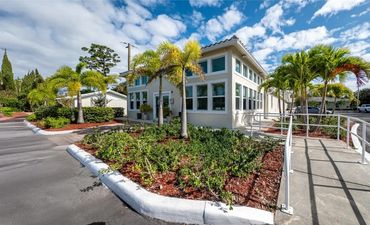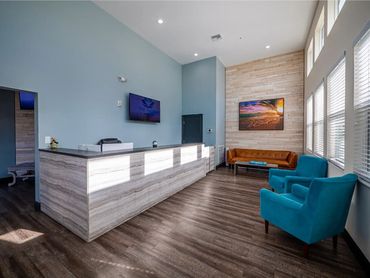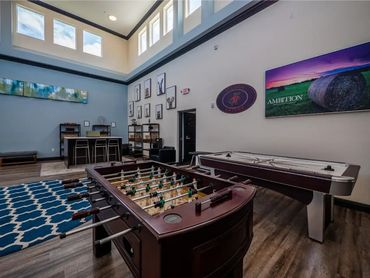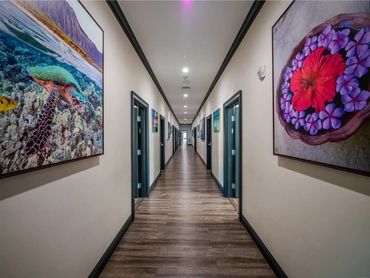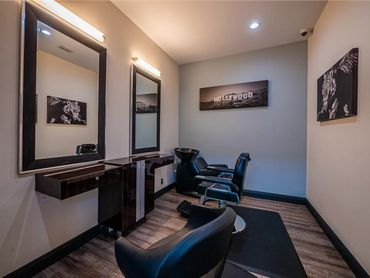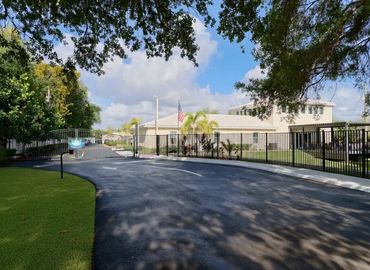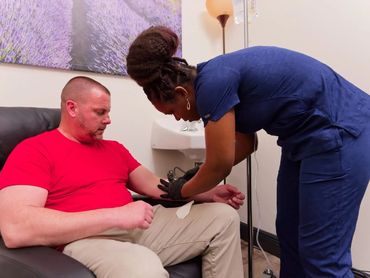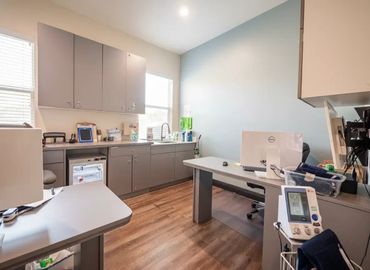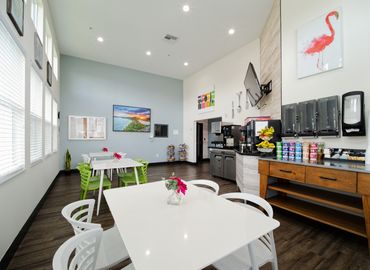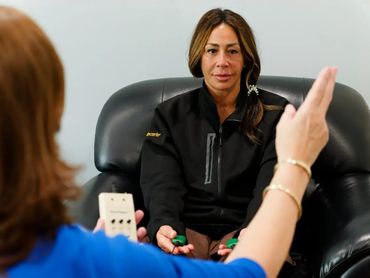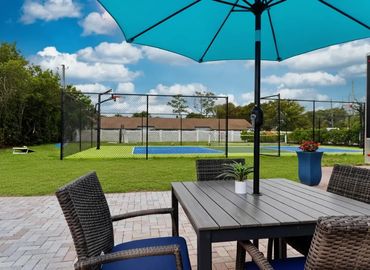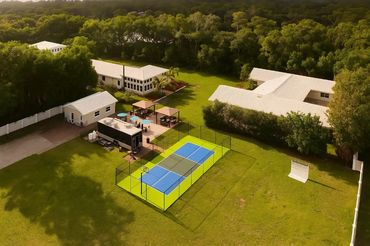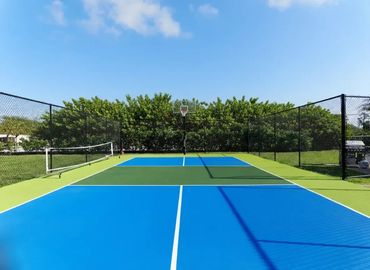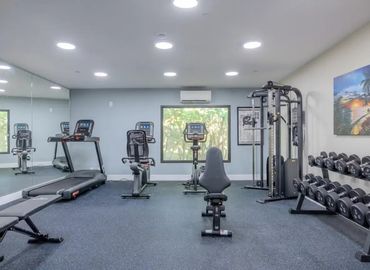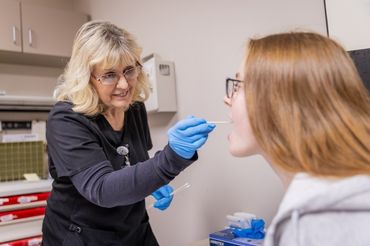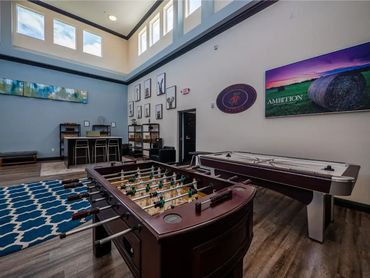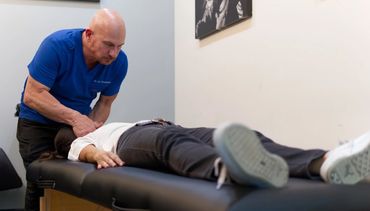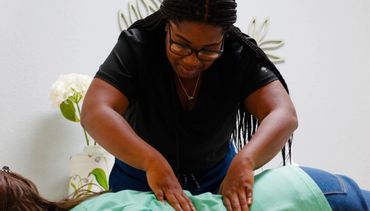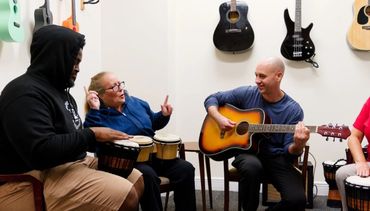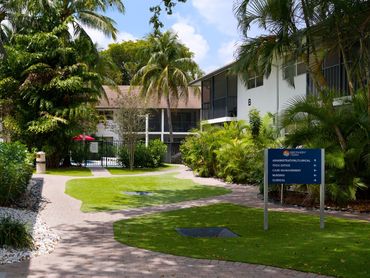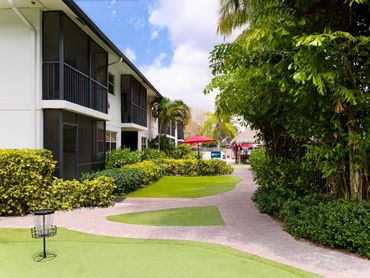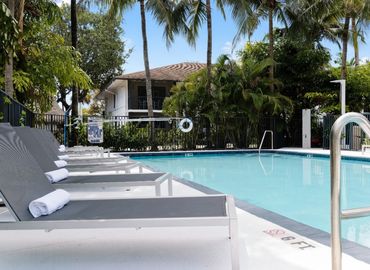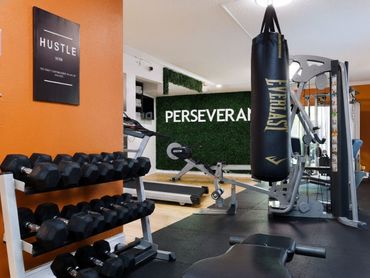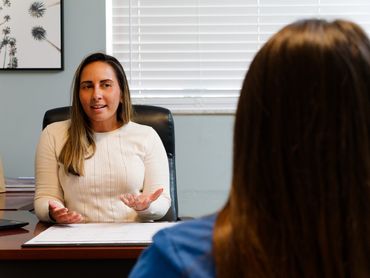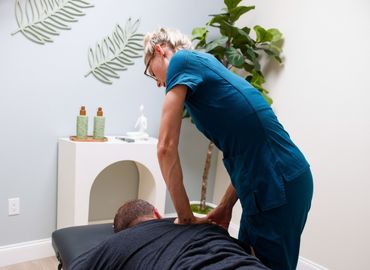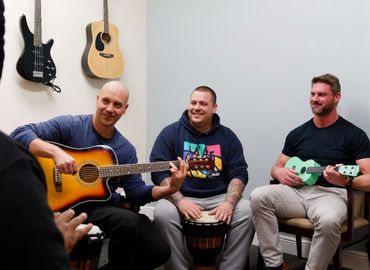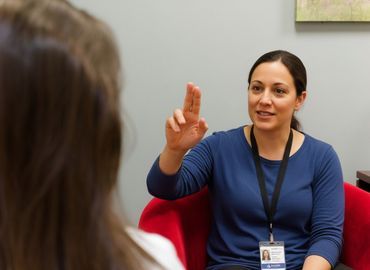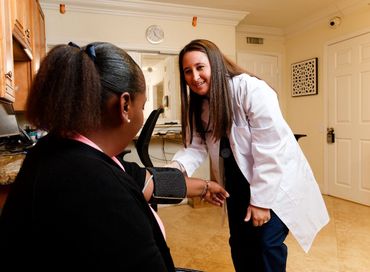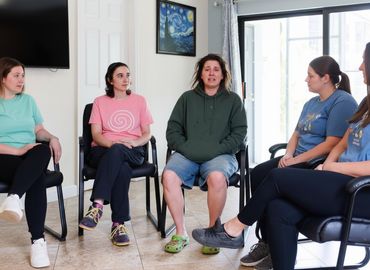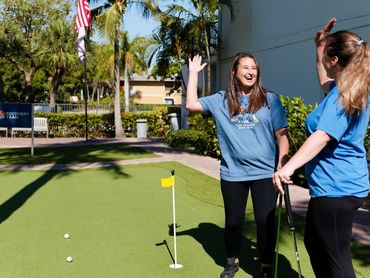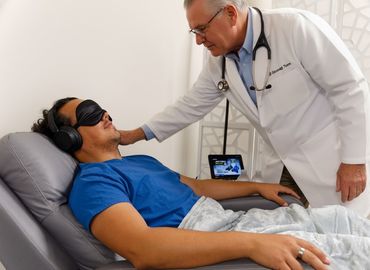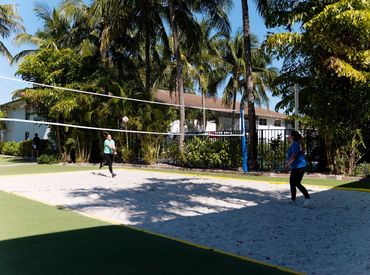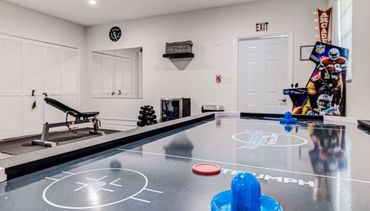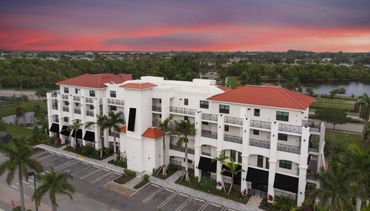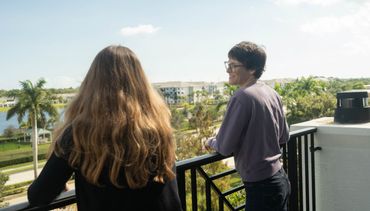
Drug & Alcohol Rehab Centers near Stuart, FL
Finding treatment for substance use disorder in Stuart, Florida is a crucial first step towards recovery. Understanding your payment options is equally important, as it can ease the process and ensure you receive the necessary care without financial stress.
Treatment Centers near Stuart, FL
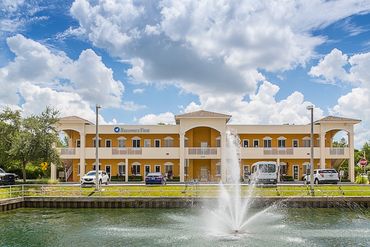
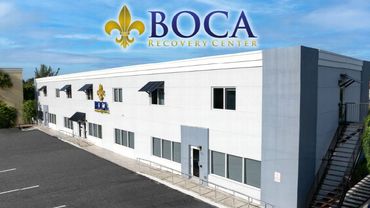
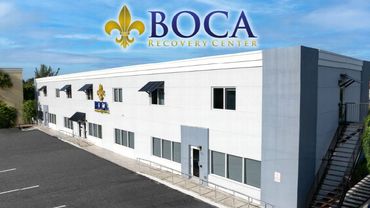
Open to Travel? Check out Top-Rated Options
All Treatment Centers near Stuart, FL
Are You Covered For Treatment?
- West Palm Beach Rehabs
- Miami Rehabs
- Fort Lauderdale Rehabs
- Jacksonville Rehabs
- Delray Beach Rehabs
- Tampa Rehabs
- Orlando Rehabs
- Pompano Beach Rehabs
- Fort Myers Rehabs
- Sarasota Rehabs
Information About Rehab in Stuart
Latest Reviews
Latest Reviews of Rehabs in Florida
Coastal Detox
Dream Center for Recovery (DCR) worked wonders for me. I am currently one year sober and it's all due to DCR. DCR has taught me coping skills and how to make my life manageable again. The accommodations are nonetheless more than expected. Rooms are clean, pool is maintained, rec center / cafeteria cleaned. The chef onsite bakes everything. No fried food. If you're allergic to a certain food and / or are a vegetarian, Chef accommodates as much as possible. Every Sunday there's adventure therapy. You learn to live again without the need of alcohol or drugs. DCR tries to bring you back to normality as healthy as possible. I would and have already recommended DCR to people in need of recovery.
Recovery By The Sea
Recovery by the Sea delivered on everything promised and I am grateful for the opportunity to have been given a second chance at life.
Artesian Wellness & Recovery Centers
Wellness program Alumni participation Leadership Large campus of 20 homes on one property. The wellness program is one of the best I've seen. The program works. It provides "results for life"
Area Information
Stuart, a charming coastal city in Florida, boasts a unique blend of natural beauty and cultural richness. With a population of approximately 18,000 residents,1 this small but vibrant community has much to offer. Situated along the St. Lucie River, Stuart is renowned for its picturesque waterfront views and a warm, inviting climate that beckons both residents and visitors. The city’s rich history and cultural heritage are evident in its quaint downtown area, adorned with unique shops, boutiques, and art galleries. Stuart is also celebrated for its commitment to environmental preservation, with numerous parks, gardens, and wildlife sanctuaries that allow residents to connect with nature.
Substance Misuse and Addiction in Stuart, Florida
Drug abuse is a significant concern in Stuart, Florida, reflecting a nationwide problem. In Martin County, where Stuart is situated, the situation is alarming. Between 2015 and 2019, the number of drug poisoning deaths increased from 26 to 38, with the death rate doubling from 2015 to 2018.2 Although it slightly decreased to 27.1 per 100,000 residents in 2019, it has consistently been higher than the state average since 2015, according to the Health Council of Southeast Florida.2
Drug and Alcohol Rehab
Drug and alcohol rehab offers a range of programs and options for individuals battling addiction. These programs are designed to cater to the unique needs of each person on their journey to recovery. There are multiple levels of care available ensuring that everyone receives the appropriate treatment for their stage in the recovery process.
What Happens in Drug and Alcohol Rehab?
Addiction treatment involves multiple stages of care, including detox, inpatient, outpatient, and aftercare. These stages have been designed to meet people where they are in their recovery journey, with treatment professionals helping to determine the most suitable stage in which to begin treatment. This tailored approach ensures that individuals receive the right level of care at each stage, promoting effective and sustainable recovery.
Detox Programs
Detox is a critical first phase of the recovery journey. These programs are medically supervised, providing a safe and supportive environment for individuals to navigate the challenging withdrawal process. The primary goal of detox is to help patients manage and alleviate the often uncomfortable and sometimes dangerous withdrawal symptoms associated with stopping substance use. Medical professionals may administer medications tailored to the specific substance of abuse, which can make the process more manageable. During this period, patients receive continuous care to ensure their safety and comfort, with the ultimate aim of preparing them for the subsequent phases of their treatment.
How Long Is Detox in Rehab?
The duration of detox typically lasts between 3 to 7 days, though this can vary widely depending on individual factors such as the type and amount of substance used, the duration of the addiction, and the person’s overall health.
Inpatient Drug and Alcohol Rehab
Inpatient treatment programs are a comprehensive and structured approach to addiction recovery. Often referred to as “residential treatment,” these programs require patients to live within the treatment facility for a set duration, usually ranging from 30 to 60 to 90 days, with 30-day programs being the most common. The structured environment provides a highly focused and supportive setting where patients can fully immerse themselves in their recovery journey. Therapy is a cornerstone of inpatient drug rehab, with both individual and group therapy sessions helping individuals address the root causes of their addiction. Group therapy sessions allow patients to connect with peers who are going through similar challenges, fostering a sense of community and shared healing. Moreover, inpatient programs are equipped to address co-occurring disorders, such as mental health issues, alongside addiction. This comprehensive approach ensures that patients receive holistic care, enhancing their chances of achieving lasting sobriety.
Outpatient Drug and Alcohol Rehab
Outpatient drug and alcohol rehab offers a more flexible approach to recovery. It’s designed to accommodate individuals who need to continue with their daily lives while receiving addiction treatment. Outpatient programs provide various levels of care, with intensive options for those who require more support and less intensive options for individuals further along in their recovery journey. Therapy remains a central element, and participants benefit from counseling and education to equip them with the tools needed for aftercare and relapse prevention. This approach empowers individuals to apply what they learn in treatment to real-life situations, bolstering their ability to maintain long-term sobriety.
How Much Does Rehab Cost?
Paying for rehab can feel overwhelming, but it shouldn’t deter you from seeking help. Numerous resources and options are available to make treatment much more affordable, such as:
- Payment Plans
- Government Grants and Scholarships
- Free Rehab
- State-Funded Rehab
Does Insurance Cover Drug and Alcohol Rehab?
Most insurance plans provide at least partial coverage for rehab expenses, helping to ease the financial burden of obtaining essential, potentially life-saving treatment for individuals. Widely accepted insurances include:
Finding The Best Rehab Center
Stuart, Florida Drug and Alcohol Rehab Facilities
While considering addiction treatment, individuals can use our rehab locator tool to search for nearby facilities. While staying in-state may be convenient for some, it’s often advised to explore treatment options outside your immediate surroundings to reduce distractions and increase focus on recovery. Our locator tool can help you find the best treatment facility, whether in Florida or elsewhere.
Sources
- United States census Bureau. Stuart, Florida. July 1, 2022.
- Health Council of Southeast Florida. 2020 Martin County Community Health Assessment. December 2021.
